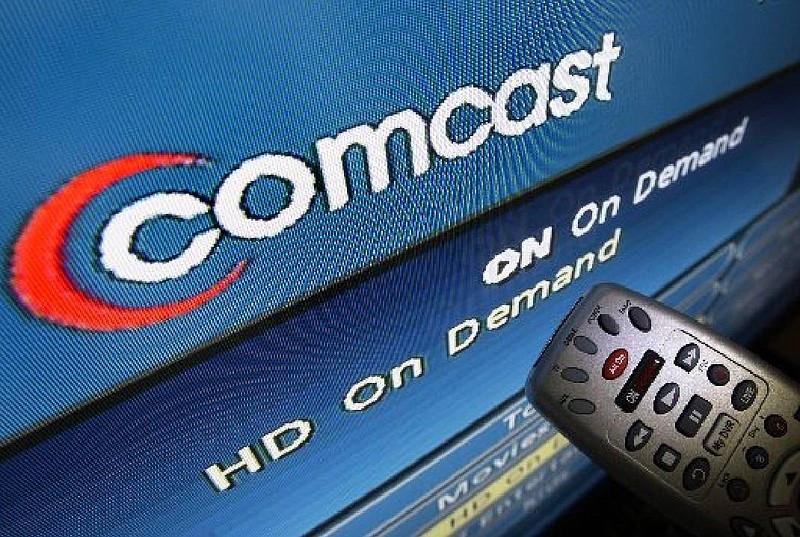NASHVILLE, Tenn. (AP) - Rural lawmakers on Wednesday compared the dearth of broadband connections in their areas to being bypassed by electrification more than 80 years ago.
At a news conference at the state Capitol, advocates called for the Legislature to pass legislation this year to allow municipal utilities that offer broadband service to their customers to also provide ultra-fast Internet outside of their service areas.
The proposal has bogged down in recent years amid opposition from private Internet providers such as AT&T andComcast, who argue that it's unfair for them to have to compete for customers against government-backed utilities.
But supporters of the change note that Chattanooga's EPB utility brought it's gigabit-speed service to Hamilton County long before commercial providers were willing to make their service widely available there or in other Tennessee cities.
"Don't fall for the argument that this is a free market versus government battle," said Sen. Todd Gardenhire, R-Chattanooga. "It is not. AT&T is the villain here, and so are the other people and cable."
AT&T spokesman Daniel Hayes in an email that the company is proud of its efforts to bring high speed Internet to both urban and rural areas in Tennessee.
"AT&T's more than 5,700 employees who live and work in communities across Tennessee are turning our billions of dollars in investments in the state into high-speed Internet connections that provide for the modern communications services that Tennesseans demand," he said
Republican Rep. Dan Howell of Bradley County said at the news conference that his area has waited in vain for more than two decades for private cable companies to offer high-speed Internet service.
Howell said that if it weren't for existing state law, neighboring Chattanooga's electric utility could bring its broadband to residents and businesses within 120 days.
"Think about that," he said. "What if you had to wait 20 years to get electricity and they had it next door and you couldn't get it? That's what broadband is today."
But Republican House Speaker Beth Harwell of Nashville said earlier this week that she doesn't want to consider a change in the law until Gov. Bill Haslam's office completes a statewide survey of broadband access, meaning the law wouldn't be changed for at least a year.
"I would always prefer the private sector - my basic philosophy is government should never do anything we can do for ourselves," Harwell said Tuesday in a speech to the state chapter of the National Federation of Independent Business.
But Harwell acknowledged that there are extra challenges in more remote areas of the state, where it "would be financially difficult for a private company to reach out and make a profit."
One NFIB member urged Harwell to settle the issue in favor of private providers.
"I have many thousands of feet of fiber-optic cable un-deployed in my business yard in Dayton, Tennessee, where I desperately want to deploy fiber optics," said David Snyder, CEO of VolState Inc. and Revtel LLC. "But I fear competition from my government more than AT&T."
Tennessee Attorney General Herbert Slatery is appealing a Federal Communications Commission decision that to overrides state laws preventing Chattanooga's super-fast Internet to be offered in outlying areas.
Ten-year-old Ashlyn Williams said at Wednesday's news conference that the slow connection at her Bradley County home make it impossible to access educational websites like Khan Academy.
"Please support the broadband bill and allow high-speed internet to come to our house," she said.
